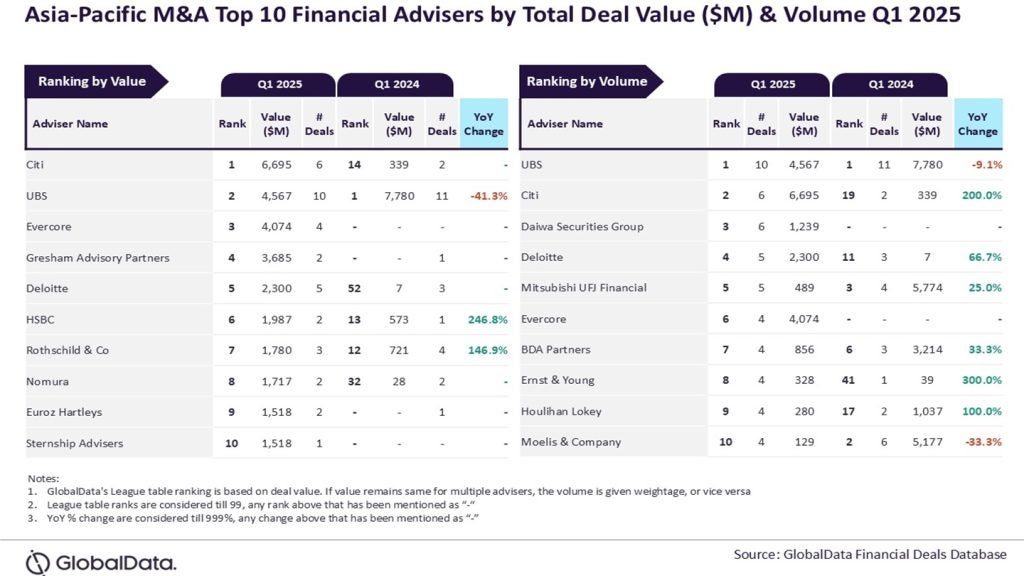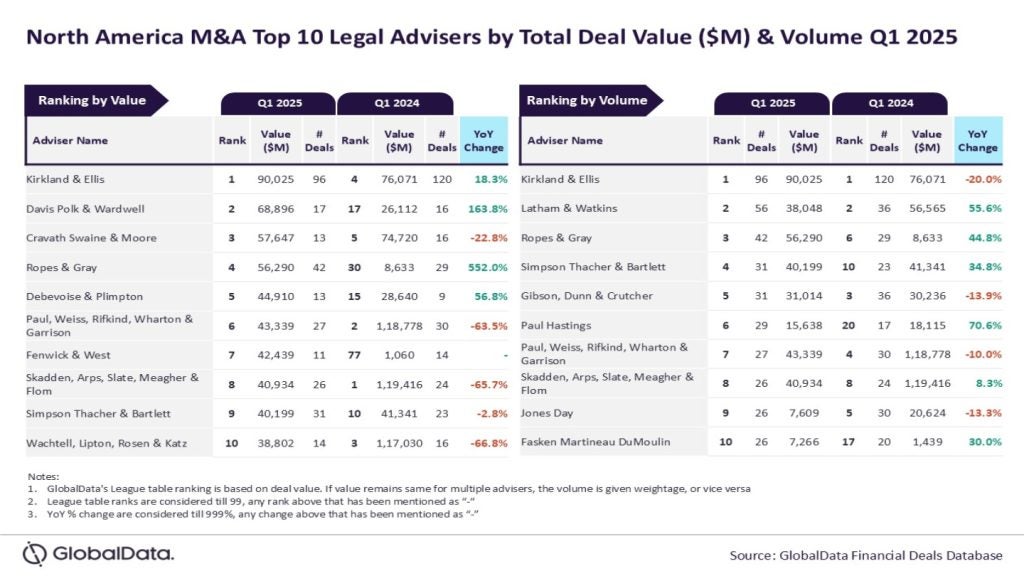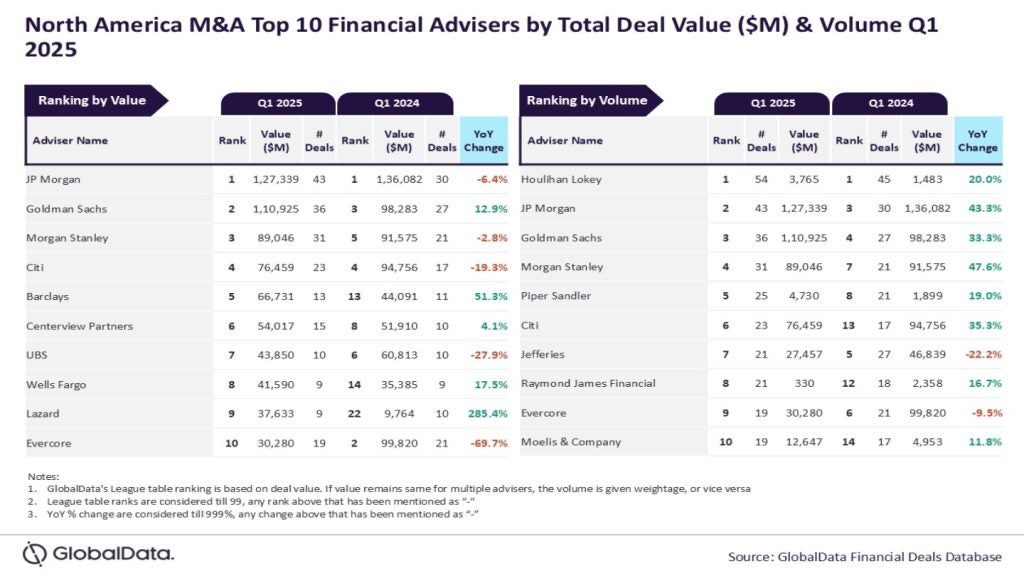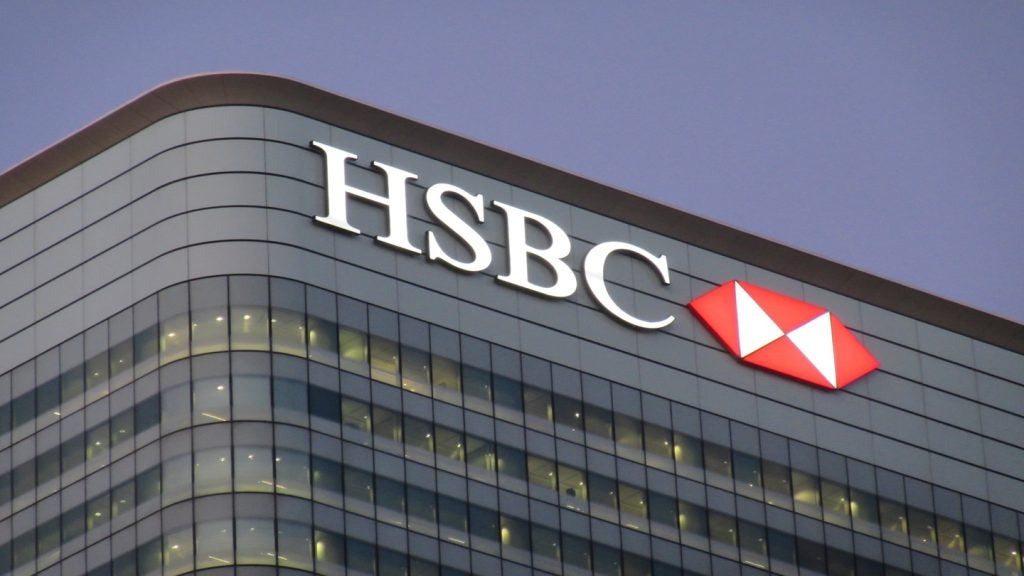The leaked Panama Papers come as a rude blow to the offshore wealth management world. The potentially biggest data leak in history has switched on a harsh spotlight above various tax evasion schemes for the wealthy globally and also the banks, lawyers, registrars, and the hidden network of facilitators involved.
Just as we were getting ready to go to press for the April edition of PBI, news of the leaks from Mossack Fonseca’s database in Panama came to the fore. This is news that is worth holding the front page for.
Many illustrious names and details have been revealed due to over 11m files being leaked from the world’s fourth biggest offshore law firm, Mossack Fonseca (based in Panama with offices in over 35 countries). The papers were obtained by the German newspaper Süddeutsche Zeitung from an anonymous source and shared with numerous leading media organisations by the International Consortium of Investigative Journalists (ICIJ).
The potentially biggest data leak in history has switched on a harsh spotlight above various tax evasion schemes for the wealthy globally and also the banks and active intermediaries involved. According to ICIJ, the leaked internal files contain information on 214,488 offshore entities connected to people in more than 200 countries and territories. These heavyweights include the likes of Russian President Vladimir Putin and some of his inner circle, Chinese President Prime Xi Jinping, Minister of Iceland Sigmundur Davíð Gunnlaugsson, MPs in the UK and their family members, Fédération Internationale de Football Association (FIFA) players and officials, and Bollywood actors.
Offshore ‘tax havens’ such as Switzerland have received criticism and humiliation over the last few years, and leading global private banks are still grappling with big fines and trust issues. The regulatory ecosystem around the world has tightened greatly to make transparency the key theme of any operational strategy at private banks. Conduct risk is more important now than ever before.
However, the leaked Panama Papers come as a rude blow. It opens up yet another Pandora’s Box – or many. Some banks that have, reportedly, been involved – as being the top institutions to request the most offshore companies for their clients – are Credit Suisse Channel Islands Limited, Banque J. Safra Sarasin – Luxemburg, HSBC Private Bank (Monaco) and HSBC Private Bank (Suisse), UBS A.G. to name a few. This isn’t the first time a few of these banks have been named for helping wealthy clients evade taxes.
Hong Kong has topped the list of countries with the most active intermediaries, with 37,675 offshore companies, followed by Switzerland, the UK and Luxemburg. All this makes for worrying news to say the least at a time when we are being convinced that the age of tax secrecy is over.
From a different lens, in an age when data sharing among different administrations is becoming the norm (think Foreign Account Tax Compliance Act and Common Reporting Standards) and sensitive client data is being transferred at the click of a button, these leaks raise alarm bells around security provisions for many wealth managers.
Concerns regarding data leaks have been top-of-mind for the financial services industry on the whole, especially for private banks where client confidentiality is of paramount importance. Private banks are spending big amounts of their IT budgets to ensure the safest security infrastructure manageable. Know Your customer (KYC) and anti-money-laundering (AML) provisions have become key focuses. But for those institutions that were going slightly easy on their KYC, AML and security frameworks, it is time to realise that there is no room for error or complacency.
The UK’s HMRC has announced that it will "closely examine" the leaked data and act on it "swiftly and appropriately". France’s president, François Hollande, has thanked the "whistleblowers". All eyes are on what happens next, though, as these are early days. Several executives and authorities have a lot to answer for. It will also be interesting to note how this leak impacts the global offshore wealth management sector further.
ICIJ is expected to release the full list of companies and people linked to them in early May 2016.







